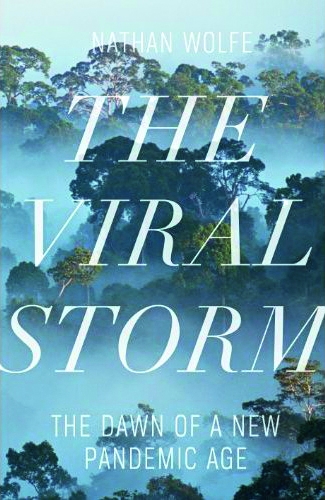Alex is a school teacher and is 50 in the year 2050. About to leave the school she has taught at for many years for a new position, her students challenge her to carry out this ambitious project with them as her assistants.
The result is accessible and fascinating. In 50 snapshots, the book takes a diverse look at subjects such as energy, healthcare and technology. It offers a unique insight into what life in the future might look like through social change, conflict, climate change, technological advances and much more.
The tone is optimistic without being utopian and is realistic about the considerable challenges we face. It recognises that there are serious trials ahead and predicts a culmination of people power movements into massive global protest as the tipping point for a new approach in politics. Water and food riots break out and famine hits as the result of a disease decimating wheat production across a vast swathe of the world.
So, as Alex Mckay tells us, things got worse before they got better, but the world she lives in is an infinitely more sustainable and equitable place than the world of 2014. Not that things are perfect, but a precarious balance has been struck with the planet.
It is no surprise that a large part of the book is dedicated to technology and healthcare. In 2050, for example, we are told that up to 90% of people will have their genes decoded and will know what heredity diseases they are prone to allowing them to take action to prevent these.
 In terms of technology, most devices in 2050 are 100% repairable, recyclable or reuseable as opposed to just 10% in 2010. Many of these are controlled by a mind-machine interface that converts neuroelectrical impulses into digital signals. A decade of legal and not-so-legal action by the public to protect their privacy from corporations and goverments is referred to the as The Internet Wars. Although still contentious ground in 2050, systems are in place safeguarding security for citizens in much better ways.
In terms of technology, most devices in 2050 are 100% repairable, recyclable or reuseable as opposed to just 10% in 2010. Many of these are controlled by a mind-machine interface that converts neuroelectrical impulses into digital signals. A decade of legal and not-so-legal action by the public to protect their privacy from corporations and goverments is referred to the as The Internet Wars. Although still contentious ground in 2050, systems are in place safeguarding security for citizens in much better ways.
The personal approach in this book makes reading about what could be dry subjects interesting, much like if you were sitting next to Alex McKay just having a chat. It ends on a hopeful note by appreciating The Great Turning, the point where humanity finally realises that the only way to survive is by working together rather than against each other.
Organised into coherent sections with handy indexes and timelines, it is easy to dip in and out of and. A rewarding read, this is a book you can come back to time and time again.
The World We Made by Jonathon Porritt (Phaidon), £24.95 (paperback). Also available as ibook

















